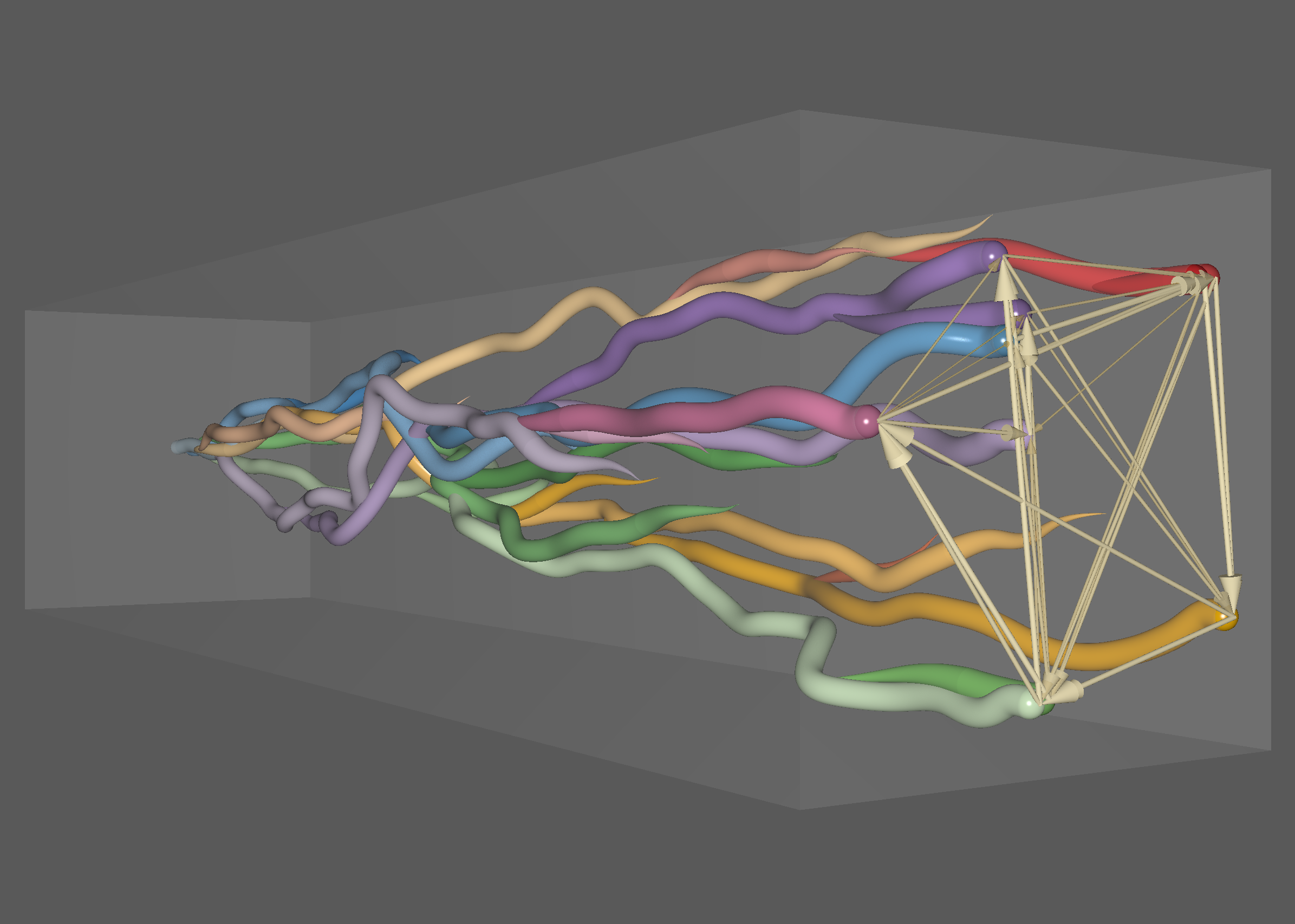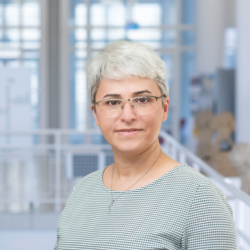
Computational cancer reserach
Research focus
Biological systems are complex. This complexity arises from the collective behavior of many interacting units and can occur at all levels of the biological world, from molecular and cellular levels to the individual and population levels. These systems may show simultaneously several aspects of complexity, for example by being dynamic, non-linear, self-organized, and multi-layered. To understand complex biological phenomena, like cancer, it is not sufficient to identify and characterize the individual units in the system but a comprehensive understanding of the interactions between the units and seeing them as a community is necessary. This approach has proven its capabilities in providing mechanistic insights in the study of complex phenomena in all fields of biology from theoretical models of evolution to the transnational studies of complex diseases such as cancer or diabetes.
In our research, we focus on the development of computational methods, including data analysis tools and statistical and mathematical models, for understanding the dynamics and behavior of complex biological systems. We have active research projects on developing reliable tools to infer interactions of biological units, for example in microbial communities, tumor microenvironment or T cell receptor repertoires. We also use different mathematical modeling approaches, including stochastic individual-based models, to study mechanisms of diversity generation and maintenance in biological communities, and ODE-based multi-level models, for systems biology problems, like radio therapy-induced immune responses.

Dr. rer. nat.
Farnoush Farahpour
Nachwuchsgruppenleiterin
(Junior group leader)
Current projects:
1. DFG Research Training Group GRK 2762: Heterogeneity, plasticity and dynamics of the responses of cancer cells, tumors and normal tissue to radiotherapy in cancer.
Project M2: Radiation-induced immune responses following targeted radiotherapy
Radioimmunotherapy (RIT) is an innovative approach to cancer treatment that combines the targeted delivery of radiotherapy with the precision of immunotherapy. This project aims to model immune responses after RIT using mechanistic ODE-based models. The results will help to optimize preclinical experiment designs and identify biomarkers and response targets.
Funded by: DFG – GRK 2762
PhD Student: Ms. Lara Schmalenstroer (M. Sc.)
2. Reciprocal interactions between the tumor microenvironment and the lesional microbiome Mycosis fungoides (MF), the most prevalent cutaneous T-cell lymphoma, is characterized by malignant T-cell proliferation within a chronic inflammatory environment with variable disease progression from indolent to aggressive forms. Our hypothesis is that the interaction between malignant and reactive T cells in MF lesions is influenced by the microbiome, thereby affecting disease progression. Our research aims to link these interactions with the microbiome to identify prognostic markers and develop novel therapies.
Funded by: DFG
PhD Student: Mr. Alireza Dostmohammadi (M. Sc.)
In cooperation with the group of Translational Skin Cancer Research, Prof. Dr. Jürgen Becker
3. Modeling systemic immune responses following radiotherapy
Experimental evidence demonstrates immunological interactions between the lung and gut microbiome (gut-lung axis) that may influence host responses after radiotherapy. This project investigates the influence of gut microbiome dysbiosis on lung inflammation and immunity by developing a quantitative systems pharmacology (QSP) model. It aims to understand how microbial cytokines and metabolites affect lung tissue and to identify predictive biomarkers and treatment strategies.
Funded by: DAAD – Brigitte und Dr. Konstanze Wegener Stiftung – GRK 2762
PhD Student: Mr. Ahmed Atta (M. Sc.)
4. Eco-evolutionary processes that underlie diverse and heterogeneous systems
Quantifying the relative importance of neutral processes versus selection in shaping biological communities is critical in evolutionary biology and ecology. By analyzing different data sets, we’ve shown a link between the structure of species abundance and patterns of diversity. Our computational models suggest that deterministic selection forces may be responsible. This project aims to uncover the cause of this association and the conditions under which it can be observed in a population.
Funded by: DFG
PhD Student: Mr. Sina Roshandel (M. Sc.)